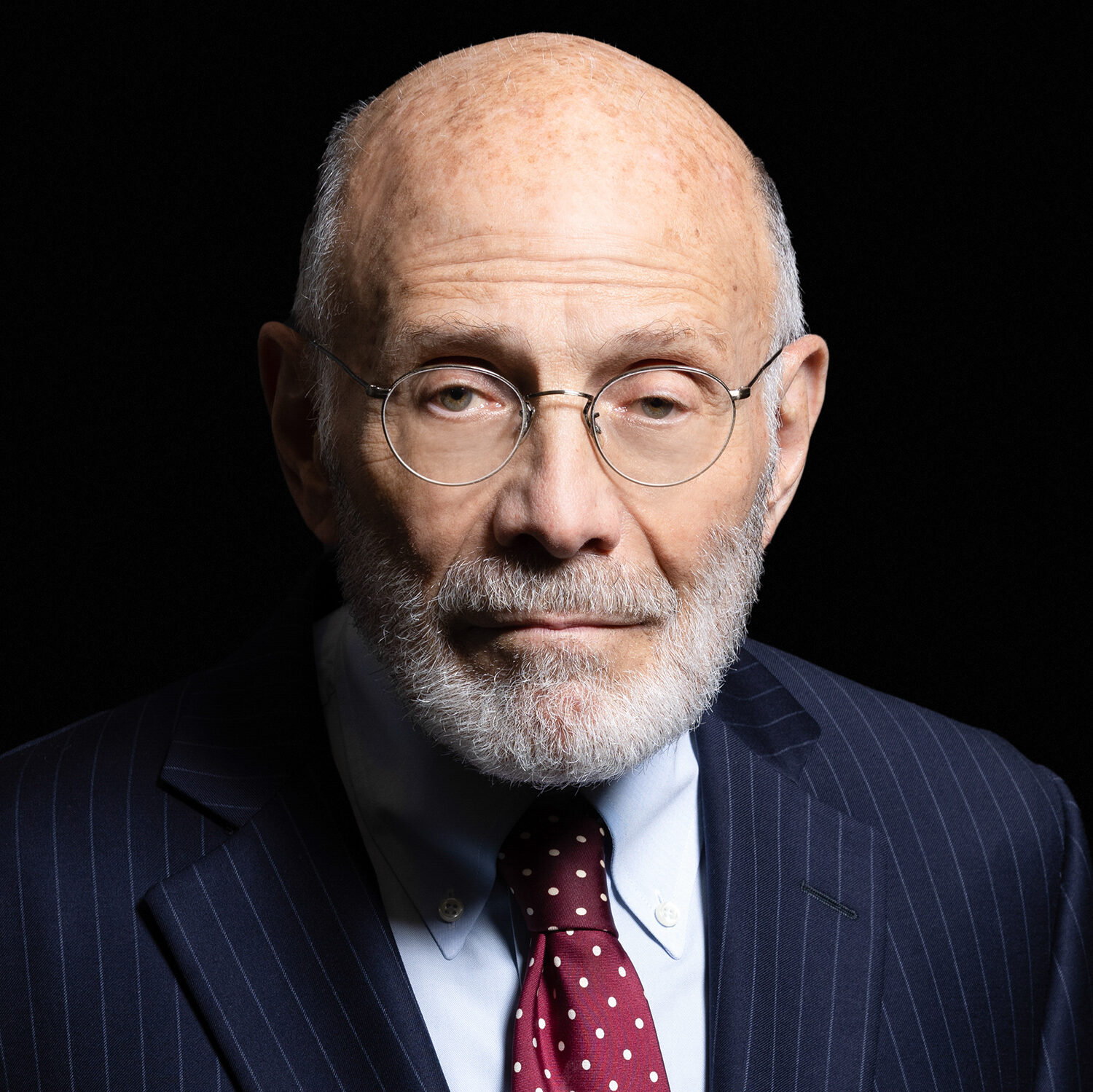By Michael Cook (Schulte Roth & Zabel)

Too many district courts and bankruptcy appellate panels (BAPs) have been refusing to review non-final (i.e., interlocutory) bankruptcy court orders for questionable reasons, according to this article by an experienced business bankruptcy litigator. These courts, though, have the requisite jurisdiction under 28 U.S.C. §158(a)(3) and (b) (“…jurisdiction … with leave of the court, from interlocutory orders ….”). Some courts for example, claim to lack discretion to review “certain interlocutory orders. They have devised a test for their discretion that effectively makes their review a matter of their own convenience.
These courts typically rely on an inapplicable provision of the Judicial Code, 28 U.S.C. §1292 (b) (“. . . controlling question of law as to which there is substantial ground for a difference of opinion and . . . an immediate appeal from the order would materially advance the immediate termination of litigation.”). By its terms, Section 1292(b) applies to appeals from interlocutory district court orders to the courts of appeals, but not to bankruptcy court orders. Unlike district courts, which are established under Article III of the U.S. Constitution, bankruptcy courts are not Article III courts. Their substantive rulings – whether final or non-final — should be subject to appellate review.
Some courts have candidly admitted that the language of §158 (a) (3) “provides no guidance as to how [the district court’s] discretion should be exercised.” Nevertheless, these courts rely on Section 1292 (b) to deny leave to appeal from any non-final order, no matter how substantive. But other district courts have ignored Section 1292 (b), reviewed the record on appeal, and have found good reason to review a bankruptcy court’s ruling (e.g., case venue rulings; professional retention orders; and even interim compensation orders). At the very least, the district courts and BAPs are inconsistent. At worst, some rely on an inapplicable statute to avoid appellate review.
The Federal Rules of the Bankruptcy Procedure support appellate review on a case-by-case basis. Specifically, Rule 8004 (b) (1) requires a motion for leave to appeal from an interlocutory order to show “the reasons why leave to appeal should be granted.” Aside from not mentioning 28 U.S.C. §1292 (b), the Bankruptcy Rules imply a “good cause” test for discretionary appellate review. That should be the standard.
District courts and BAPs should remove artificial barriers to the review of non-final orders. Congress explicitly gave district courts and BAPs the ability to review interlocutory orders for cause. This hardly means that a non-final housekeeping order (e.g., extension of time to file complaint) must be reviewed. Rather, a party moving for leave to appeal still must provide a persuasive reason or “cause” for appellate review. In any event, the applicable standards of appellate review will still govern the reviewing court’s disposition of the merits (e.g., “clearly erroneous;” “abuse of discretion”; or legal error).
Good reasons exist for removing unnecessary obstacles to appellate review of a bankruptcy court’s substantive non-final order. The rulings of a non-Article III bankruptcy court should not be more insulated from appellate review than the rulings of an Article III district court. Congress made no restriction on appellate review of non-final Article I bankruptcy court orders. One district court, for example, has found sufficient reason to review a non-final bankruptcy court order denying a jury trial. Another district court reviewed an order transferring the venue of a case.
Article III district courts and BAPS have, in the end, an obligation to review a non-final bankruptcy court order when an appellant shows sufficient cause. In the words of a famous football coach, they should “do their job.”
Click here to read the full article, which has been published in The Bankruptcy Strategist.
